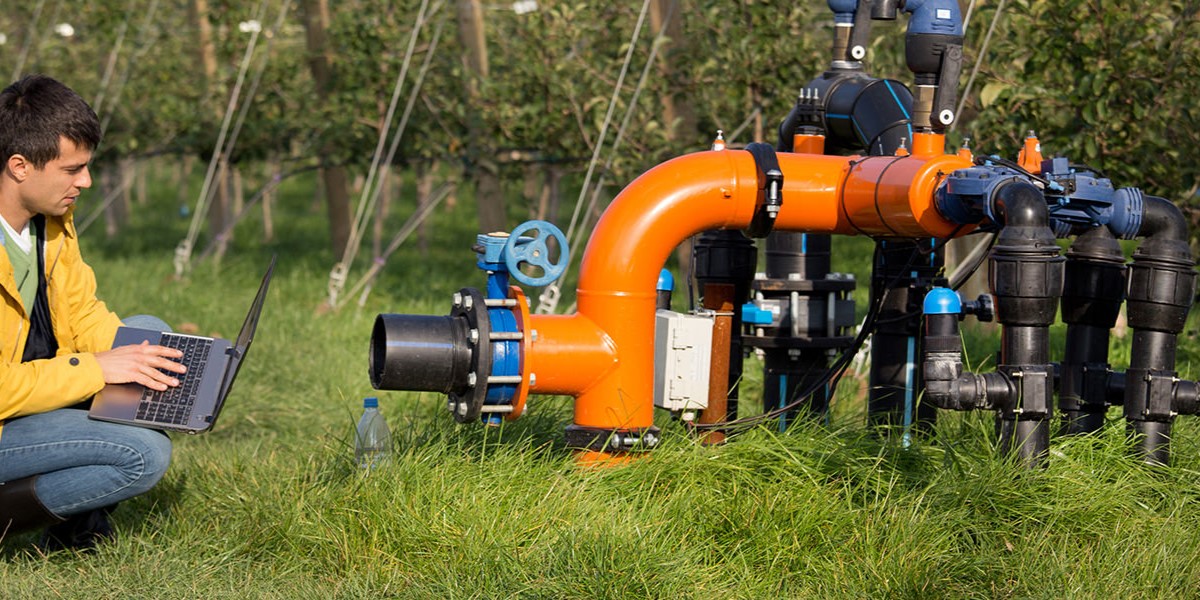Description
The Fundamentals of Environmental Engineering course is designed to introduce students to the essential principles and practices of environmental engineering and provide a comprehensive foundation in the key scientific, engineering, and regulatory aspects of environmental protection and sustainable development.
Course Objectives:
By the end of this course, students will:
- Understand Environmental Systems: Students will gain a solid understanding of natural and engineered environmental systems, including air, water, and soil. They will explore how these systems interact and the impact of human activities on their health and sustainability.
- Explore Water Quality and Treatment: Learn about water resources’ importance, water pollutants’ chemistry, and the fundamentals of water treatment processes. Students will study physical and chemical methods for removing contaminants from drinking water and wastewater.
- Air Pollution Control: This course section explores the sources and effects of air pollution. It covers the principles of air quality management, the technologies used to control emissions, and the regulatory frameworks governing air pollution.
- Waste Management: Examine solid and hazardous waste management practices, including waste minimization, recycling, composting, incineration, and landfilling. Students will learn about the design and operation of waste management systems and the environmental and public health risks associated with improper waste disposal.
- Environmental Impact Assessment: Students will understand the processes and methodologies used to assess the environmental impacts of proposed projects. They will learn how to evaluate the potential effects on ecosystems, human health, and the built environment and explore strategies for mitigating negative impacts.
- Sustainable Development: Explore the principles of sustainable development and how environmental engineers contribute to creating sustainable solutions. This includes an introduction to renewable energy technologies, green building practices, and sustainable urban planning.
- Environmental Legislation and Policy: Students will learn about the legal and regulatory frameworks that govern environmental protection. They will also learn about key environmental laws, regulations, and standards at the local, national, and international levels and the role of environmental agencies and organizations.
- Field and Laboratory Skills: Students will develop practical skills through hands-on laboratory experiments and fieldwork. They will learn to measure and analyze environmental parameters, interpret data, and apply engineering principles to solve real-world environmental problems.
- Ethical and Social Responsibility: Students will reflect on the ethical and social responsibilities of environmental engineers. They will discuss case studies that highlight the moral and ethical dilemmas faced by professionals in this field and explore the role of engineers in promoting environmental justice and equity.
- Innovative Solutions: Investigate cutting-edge technologies and approaches in environmental engineering. Students will explore innovations in environmental monitoring, pollution prevention, and resource recovery and consider how these advances can address emerging environmental challenges.






Halimatu –
“The ‘Fundamentals of Environmental Engineering’ online course was an incredibly enriching experience. The instructors’ expertise and engaging lectures made complex concepts accessible and practical. The interactive exercises and simulations allowed me to apply my knowledge in real-world scenarios. The course materials were well-organized and comprehensive, providing a solid foundation in environmental engineering principles. I highly recommend this course to anyone seeking to expand their understanding of this critical field.”
Onyewuchi –
“This course was an eye-opening experience for me. The instructors were knowledgeable and passionate about the subject matter, and they made the complex concepts easy to understand. The assignments were challenging but fair, and they helped me to apply my learning to real-world scenarios. I would highly recommend this course to anyone interested in environmental engineering or sustainability.”
Taye –
“This online course provided an excellent foundation in Environmental Engineering. The modules were well-structured, and the instructors were knowledgeable and engaging. I particularly appreciated the real-world case studies, which helped me to apply the concepts I was learning to practical situations. The course materials were comprehensive and provided a thorough overview of the field. I would highly recommend this course to anyone interested in pursuing a career in Environmental Engineering.”
Aminat –
“This online course on Fundamentals of Environmental Engineering has been an incredibly valuable experience. The content was comprehensive and well-organized, providing a solid foundation in key concepts. The instructor’s expertise and passion for the subject matter made the learning process both enjoyable and informative. The interactive exercises and quizzes helped reinforce understanding and encouraged active engagement. I highly recommend this course to anyone seeking a comprehensive introduction to environmental engineering or looking to enhance their knowledge in this field.”
Jimoh –
“The ‘Fundamentals of Environmental Engineering’ online course provided an in-depth and comprehensive foundation in the principles and practices of environmental engineering. The interactive modules, engaging video lectures, and insightful case studies effectively conveyed the challenges and advancements in environmental protection. The course instructors were knowledgeable and supportive, fostering a positive and collaborative learning environment. I highly recommend this course to anyone seeking to gain a strong understanding of the fundamentals and practical applications of environmental engineering.”